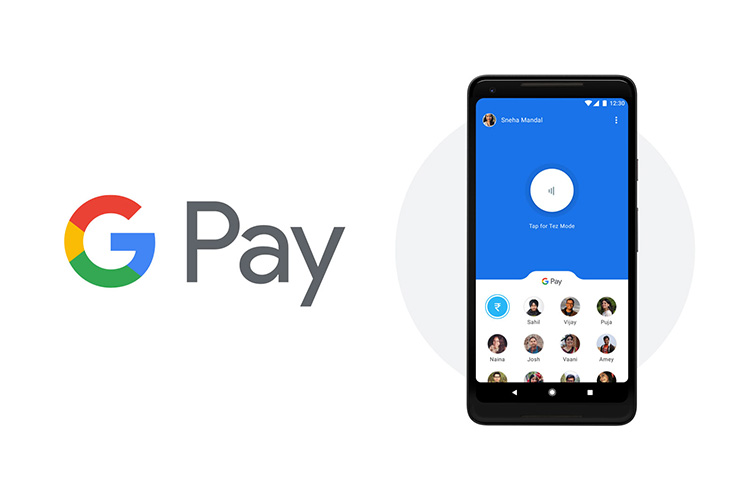Google Pay's Scratch to Win Offer Violates Tamil Nadu's Lottery Ban
[the_ad id='1307']

One of the most popular UPI payments app in India, Google Pay, may be in violation of Tamil Nadu state rules. Back in 2003, the state’s Chief Minister, J Jayalalithaa had issued a ban on all lotteries in the state, including online lotteries in an attempt to stop the spread of gambling in the state.
Now, it turns out, Google Pay’s scratch to win offers that are available in the app, may be in violation of those rules, since it requires users to take a chance on whether or not they’ll win anything by scratching the cards within the app. For those unaware, Google Pay offers scratch cards when you transfer money or make a payment with the app, and these scratch cards offer cashbacks and monetary rewards, while some times they just say “Better luck next time”.
That, according to NL Rajah, a senior advocate at the Madras High Court, is in violation of the state’s ban on lotteries, and may also be in violation of the Intermediaries Guidelines under the Information Technology Act, which says that companies have to put in technical measures to prevent people from participating in such lottery systems in states where such offers are banned. “A scratch card is a lottery, as there is an element of chance involved and the Tamil Nadu Prize Scheme (Prohibition) Act, 1979 prohibits all schemes that are games of chance rather than games of skill,” said Rajah. He further added that “Any scheme that creates an artificial demand for a product is not permitted and this kind of lucky draw is creating that, which lures customers to use the app for a potential shot at winning.”
Salman Waris, Managing Partner at TechLegis Advocates and Solicitors, said “When read with Section 79 of the IT Act, there is onus on Google as well, even if it has inserted a condition in the T&C that prohibits residents from Tamil Nadu or other states that ban such activities from participating in the scheme, as Google is required to “take all due care” i.e. put in place technical relevant measures to ensure individuals with registered accounts from these states cannot participate in such schemes.”
In response to these statements, a Google Pay spokesperson said “For businesses with a physical distribution network, this is easier to implement, by restricting the activity or the supply of promotional materials to the state. However, for digital products with a global scope, altering the consumer experience for a select set of users is far more complicated, given that the experience is delivered on a mobile device, and could be availed from anywhere in the country”. The spokesperson further added that, “We therefore ensure compliance through our terms of use, applicable to end users and to providers of the offer, and additionally, we can disable wrongfully claimed rewards in instances brought to our attention.”
[the_ad id='1307']
Source link
[the_ad id='1307']